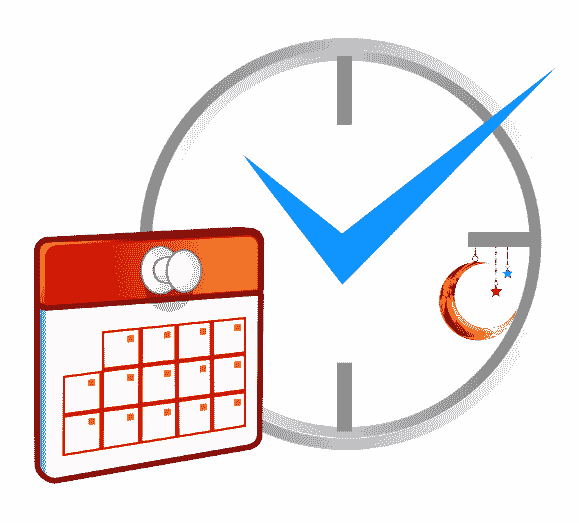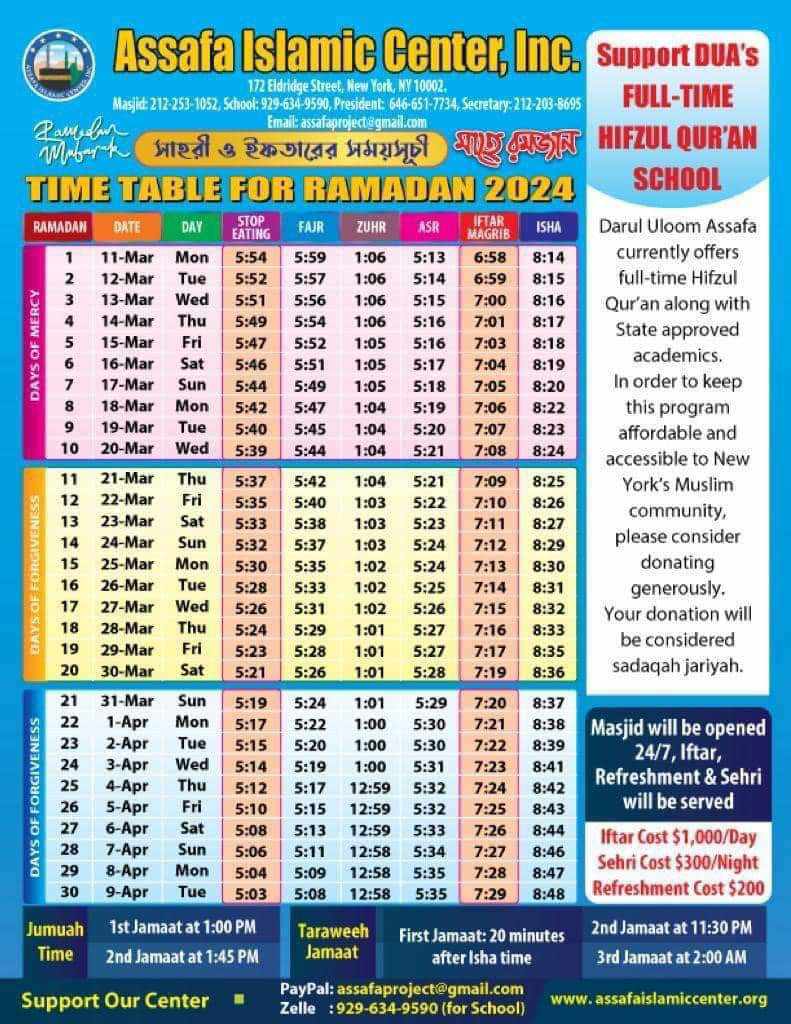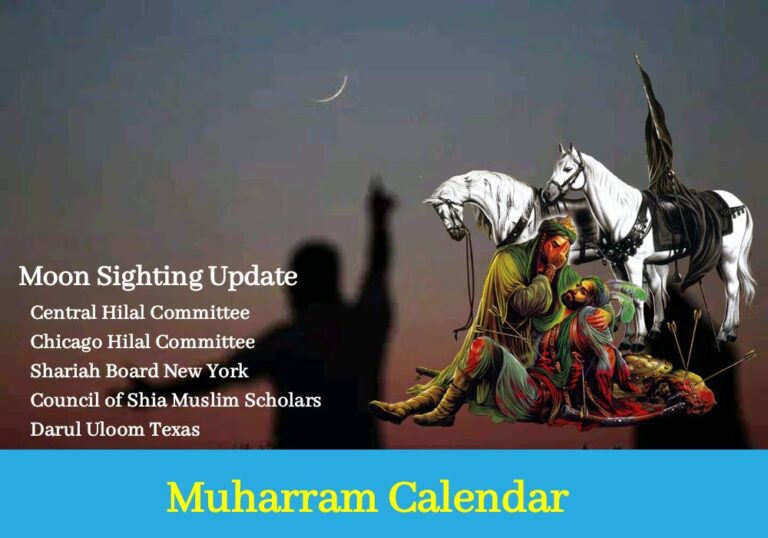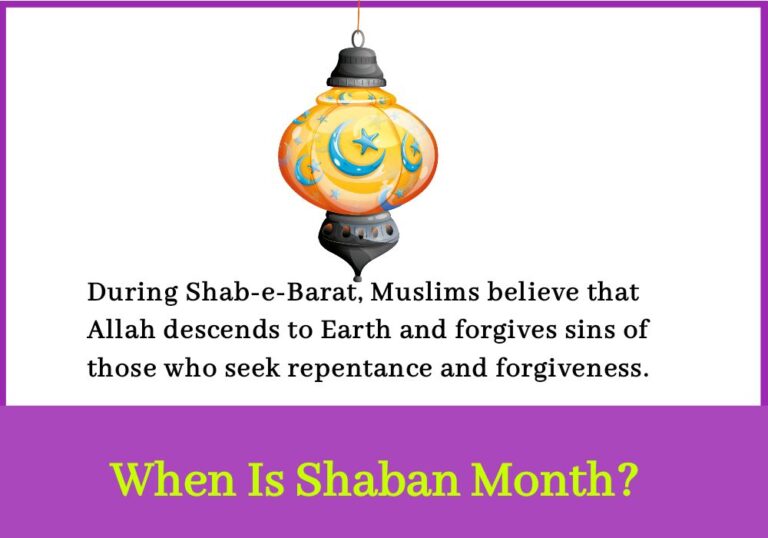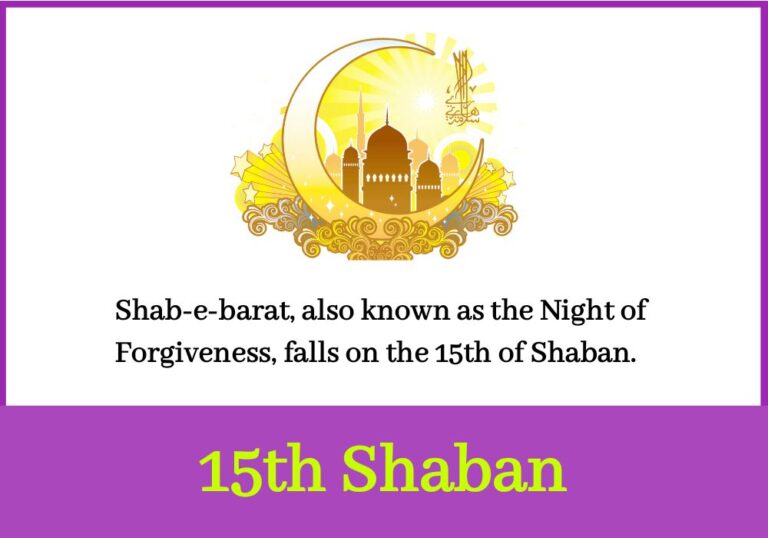The holy month of fasting and spiritual reflection for Muslims worldwide, Ramadan is a significant time for millions of individuals each year.
As we focus on the upcoming Ramadan in 2024, it becomes crucial to understand the fasting schedule specific to the United States of America.
Many Muslims in this diverse nation often seek a comprehensive and reliable answer regarding their daily fasts and prayer times during this sacred period.
This article aims to provide the best possible answer supported by evidence, helping you navigate your fasting journey in Ramadan 2024 within the United States.
Ramadan Fasting Schedule Ramadan 2024
The Fasting Schedule for Ramadan 2024 in the United States of America has been announced, with the first day of fasting falling on either the 11th or 12th of March.
Muslims across the country eagerly await this holy month, a time of reflection, devotion, and self-discipline.
Ramadan is observed by abstaining from food and drink from sunrise to sunset each day, and it holds immense spiritual significance for followers of Islam.
The fasting schedule during Ramadan begins at dawn with suhoor, a pre-dawn meal consumed before the day’s first prayer.
It is essential for individuals observing Ramadan to eat enough during suhoor to sustain themselves throughout the long day without any intake until sunset.
After suhoor comes fajr, which ends with eating or drinking until Iftar, the fast-breaking at sunset. Iftar is an eagerly anticipated moment where families and communities come together to share a meal after a day of self-restraint.
Ramadan 2024 In the USA
Ramadan is a month-long religious observance observed by Muslims worldwide. The dates for Ramadan vary each year as they are determined by the sighting of the moon, which marks the beginning and end of the fasting period.
In 2024, Ramadan in the USA will start on either March 11th or 12th, with the final day falling April 9th or 10th.
During Ramadan, Muslims fast from sunrise to sunset, refraining from food, drink, and other physical needs.
It is a time of spiritual reflection, increased devotion, and worship. Muslims also engage in acts of charity and strive to strengthen their relationship with God.
Muslims in the USA observe Ramadan in various ways depending on their circumstances. Many mosques hold nightly prayers and community iftars (the meal that breaks the fast).
Muslim communities also gather for special events and activities during this holy month. Non-Muslims must know Ramadan’s significance and show respect and understanding towards those observing it.
What Time Is Iftar & Sehri Today In the USA?
As the holy month of Ramadan begins, Muslims residing in the United States are eager to know the timings for Iftar and Sehri.
It is essential to stay updated with accurate information to ensure a smooth fasting experience. To help you plan your meals accordingly, here is a schedule for Ramadan in the USA.
For Iftar today, the time may vary based on your location within the country. However, Iftar time in major cities such as New York City and Los Angeles will generally be around 8:00 PM.
It is advisable to consult local Islamic centers or refer to online resources designed for Muslim communities in your area for precise timings.
Similarly, Sehri’s time today will also differ depending on your geographical location within America. Typically, Sehri should be completed before dawn (Fajr prayer) so individuals can begin their fasts for the day ahead.
Conclusion Points
The fasting schedule for Ramadan 2024 in the United States has been announced, starting on March 11th or 12th. Muslims observe Ramadan by abstaining from food and drink from sunrise to sunset.
The day begins with suhoor, a pre-dawn meal, and ends with Iftar, the breaking of the fast at sunset. Iftar is a time for families and communities to unite and share a meal.
The guidelines set forth by Islamic scholars ensure that fasting is practiced in a way that is both physically and spiritually beneficial.
With the support and understanding of non-Muslim communities, Muslims can easily observe this holy month without any hindrance.
It is essential for everyone to be aware of this significant time in the Muslim calendar and to show respect and empathy towards those who are observing Ramadan.
Let us unite to foster inclusivity and promote understanding during this sacred period.
